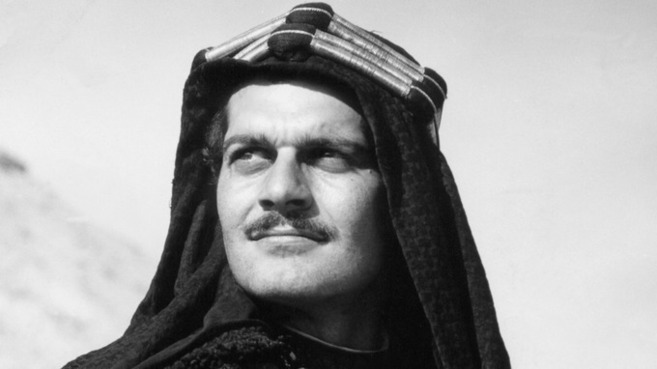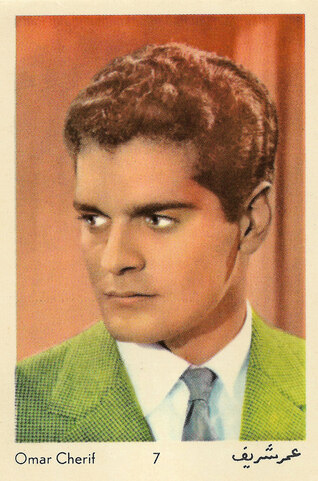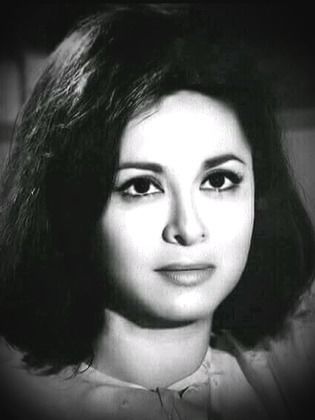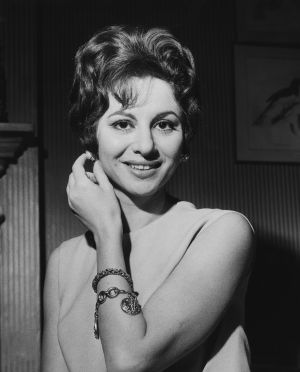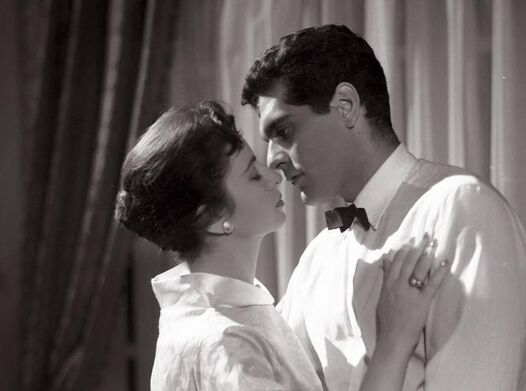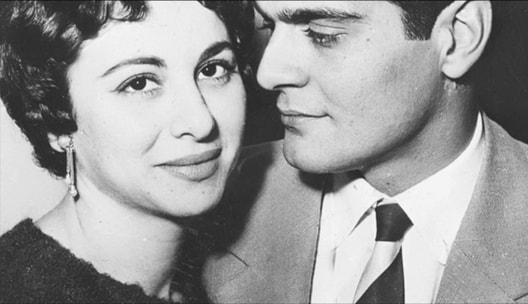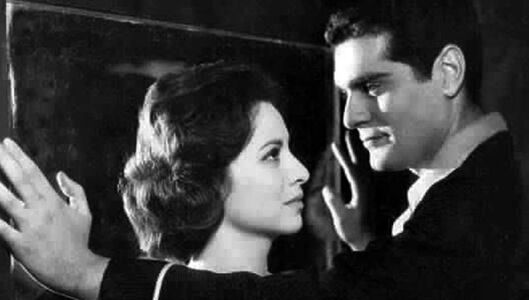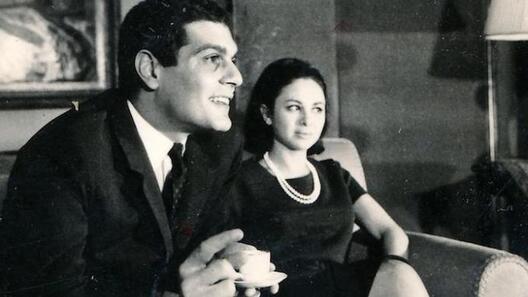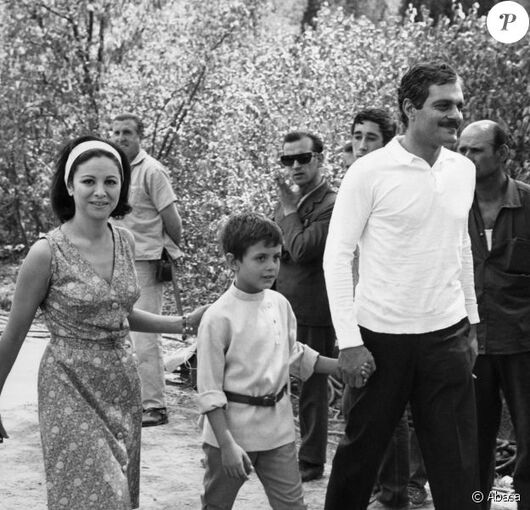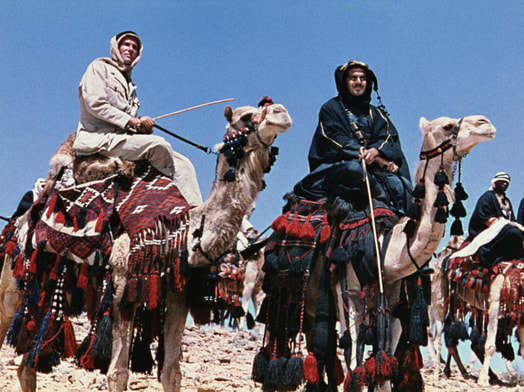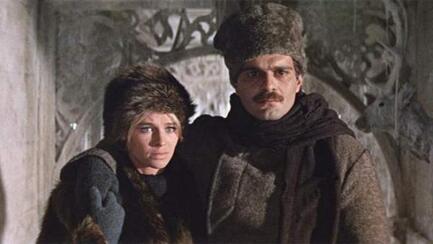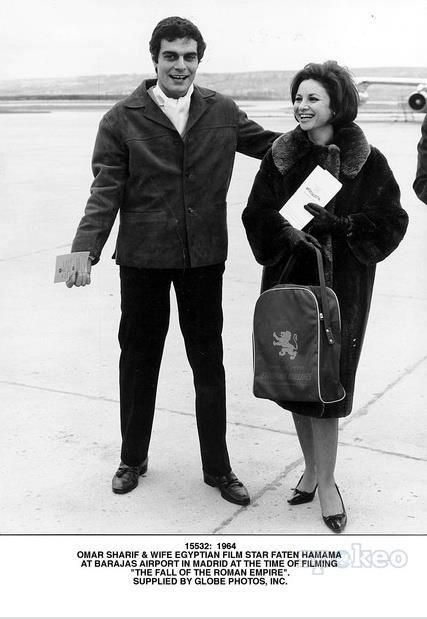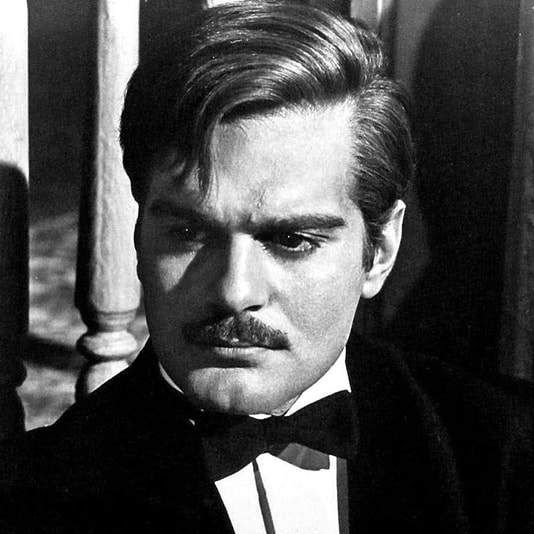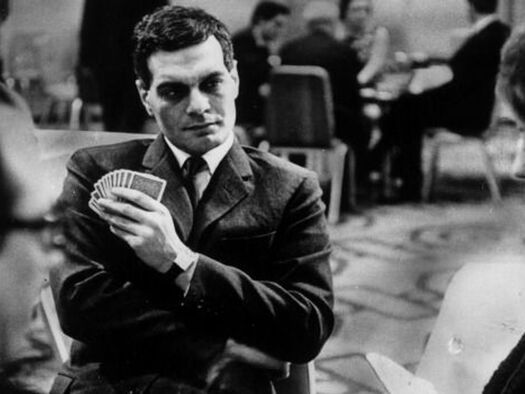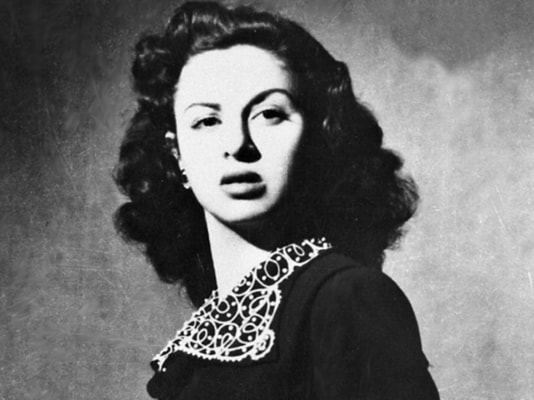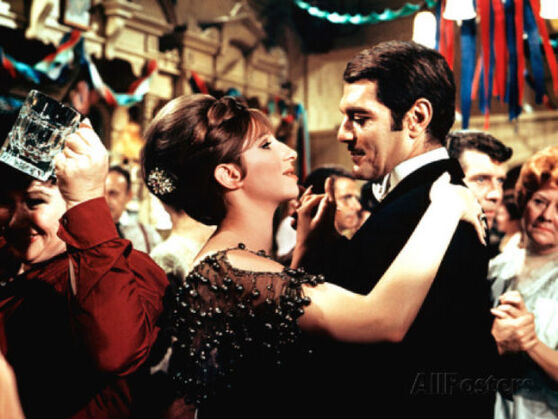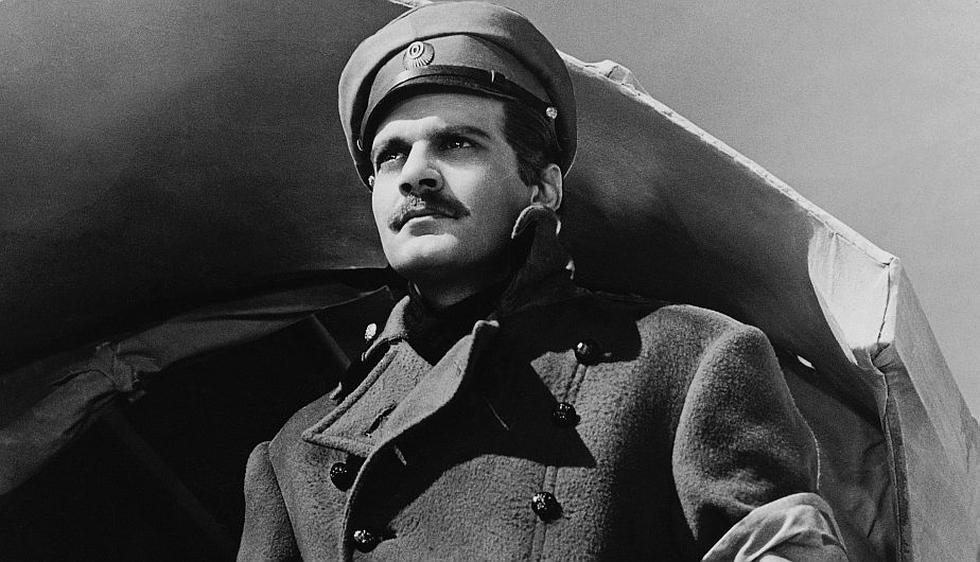ProfileOmar Sharif (born Michel Dimitri Chalhoub, 10 April 1932 – 10 July 2015) was an Egyptian film and television actor. He began his career in his native country in the 1950s, but is best known for his appearances in British, American, French, and Italian productions. His films include Lawrence of Arabia (1962), Doctor Zhivago (1965), and Funny Girl (1968). He was nominated for an Academy Award for Best Supporting Actor for Lawrence of Arabia. He won three Golden Globe Awards and a César Award. Sharif, who spoke Arabic, English, French, Spanish, Greek, and Italian fluently, was often cast in British and American films as a foreigner of some sort. He was a lifelong horse racing enthusiast, and at one time ranked among the world's top contract bridge players. BiographyOmar Sharif was born Michel Dimitri Chalhoub in Alexandria, Kingdom of Egypt (now Arab Republic of Egypt) in a well-to-do family. His father, Joseph Chalhoub, was a successful precious woods merchant, and his mother Claire Saada, was an elegant and charming society hostess who counted the Egypt's King Farouk as a regular visitor and friend prior to his deposition in 1952. And after the political change of Egypt, Sharif's father lumber business suffered a lot. In his youth, Sharif studied at Victoria College, Alexandria, where he showed a talent for languages. He later graduated from Cairo University with a degree in mathematics and physics. He worked for a while in his father's precious wood business before beginning his acting career in Egypt. In 1955, he changed his name to Omar Sharif (Sharif means "noble" or "nobleman") and converted from Antiochian Greek Christians to Islam in order to marry fellow Egyptian actress Faten Hamama. In 1954, Sharif began his acting career in Egypt with a role in Sira’ Fi al-Wadi (1954) ("Struggle in the Valley"), in which he played with Faten Hamama, an Eyptian film star, who gave him her first screen kiss. The two actors fell in love and were married in 1955. Their son Tarek Sharif was born in 1957 in Egypt. Sharif quickly rose to stardom, appearing in many Egyptian films in the next few years, with a few of them starring him and his wife. Sharif's first English-language role was that of the fictitious Sherif Ali in David Lean's historical epic Lawrence of Arabia starring Peter O'toole in 1962. To secure the role, Sharif had to sign a seven-film contract with Columbia at $50,000 a film. He took his son to live in Hollywood. Casting Sharif in what is now considered one of the "most demanding supporting roles in Hollywood history" was both complex and risky as he was virtually unknown at the time outside Egypt. But David Lean insisted on using ethnic actors when possible to make the film authentic. Lawrence of Arabia was a box office and critical sensation. Sharif's performance earned him an Academy Award for Best Supporting Actor nomination and a Golden Globe Award for Best Supporting Actor in Motion Picture, as well as a shared Golden Globe Award for New Star of the Year in Actor category. Sharif went on to star in another Hollywood blockbuster, Anthony Mann's The Fall of the Roman Empire (1964) where he played the support role of Sohaemus of Armenia, which was a commercial disappointment Sharif had his first lead role in a Hollywood movie when he was cast in the title part of Genghis Khan (1965). Produced by Irving Allen and directed by Henry Levin for Columbia, the $4.5 million epic was a box office disappointment. While making Genghis Khan Sharif heard that David Lean was making an epic love story Doctor Zhivago (1965), an adaptation of Boris Pasternak's 1957 novel. Sharif was a fan of the novel and pitched himself for one of the supporting roles; Lean decided to cast him in the lead, as Yuri Zhivago, a poet and physician. Sharif's son Tarek Sharif also appeared in the film as Yuri at the age of eight. David Lean intended the film to be a poetic portrayal of the period, with large vistas of landscapes combined with a powerful score by Maurice Jarre. The film was a huge hit. For his performance, Sharif won the Golden Globe Award for Best Actor – Motion Picture Drama. Doctor Zhivago remains one of the top ten highest-grossing films of all time after adjusting for inflation. Starting from the 60s, as Sharif's film career became more international, he traveled and lived abroad more, stayed less in his country Egypt. He first lived in the United States and then Europe. After The Nasser government in Egypt imposed travel restrictions in the form of "exit visas", which made it difficult for Sharif to take part in international films, Sharif decided to remain in Europe between his film shoots, which means self exile of his country for the next 10 years. In 1966, he separated from his wife Faten Hamama. It was a major crossroad in Sharif's life and changed him from an established family man to a committed bachelor living in European hotels. Sharif and his wife Faten Hamama divorced in 1974. He never married again. Sharif is a polyglot who spoke Arabic, French, Greek, Italian, Spanish and English, and his accent enabled him to "play the role of a foreigner without anyone knowing exactly where I came from", which he stated proved highly successful throughout his career. Although Sharif worked in film industry and later in television for almost 60 years except a several years break, his true passion are playing bridge and racing horses. In fact, he has spent and lost huge amounts of money on his passions that he had to make movies to pay for them, as he himself admited" I would call my agent and tell him to accept any part, just to bail myself out." Sharif said bridge was his personal passion and at one time he was ranked among the world's top 50 contract bridge players. At the 1964 World Bridge Olympiad he represented the United Arab Republic bridge squad and in 1968 he was playing captain of the Egyptian team in the Olympiad. In 1967 he formed the Omar Sharif Bridge Circus to showcase bridge to the world and invited professional players including members of the Italian Blue team, which won 16 World championship titles, to tour and promote the game via exhibition matches including one watched by the Shah of Iran. Touring through Europe, the Circus attracted thousands of spectators who watched the matches via Bridge-O-Rama, a new technology that displayed bidding and cardplay on television monitors. The Omar Sharif World Individual Championship held in 1990 offered the largest total purse ($200,000) in the history of bridge. With Charles Goren and later Tannah Hirsch, Sharif contributed to a syndicated newspaper bridge column for the Chicago Tribune. He was also both author and co-author of several books on bridge. By 2000 Sharif had stopped playing bridge entirely. Having once proudly declared the game his passion, he now considered it an addiction: "I didn't want to be a slave to any passion anymore. I gave up card playing altogether, even bridge and gambling." But he co-authored a book with bridge writer David Bird, Omar Sharif Talks Bridge. Written in 2004, it includes some of his most famous deals and bridge stories. Sharif also loved horses and horse racing. For him, horse is the most noble animal with the most beautiful and harmonious lines in the animal world. He was often seen at French racecourses, with Deauville-La Touques Racecourse being his favourite. Sharif's horses won a number of important races and he had his best successes with his horse Don Bosco, who won the Prix Gontaut-Biron, Prix Perth and Prix du Muguet. He also wrote for a French horse racing magazine. Omar Sharif was a smoker and smoked about 25 cigarettes a day but quite smoking after a triple heart bypass operation in 1992. Two years later he suffered a mild heart attack in 1994. On 10 July 2015, Sharif died after suffering a heart attack at a hospital in Cairo, age 83. On 17 January 2015, less than six months earlier, Omar Shariff's ex-wife also Faten Hamama died in Cairo, age 83. After his divorce in 1974 from Faten Hamama, Sharif has been romantically involved with many women, including Ingrid Bergman, Catherine Deneuve, Julie Chrisite, his co-star in Doctor Zhivago(1965)who has proposed to him; and Barbra Streisand, his co-star in Funny Girl (1968), with whom he had fallen madly in love during the filming. The very publicized love affair almost cost him his Eyptian citizenship. But he never married again. According to his own words, no other woman ever won his heart and he never lived with another woman other than Faten Hamama, who was the love of his life. Two months prior to his death, his son said Tarek Sharif his father was also suffering from Alzheimer's disease, becoming confused when remembering some of the biggest films of his career; he would mix up the names of his best-known films, Doctor Zhivago and Lawrence of Arabia, often forgetting where they were filmed. On 12 July 2015, Sharif's funeral was held at the Grand Mosque of Mushir Tantawi in eastern Cairo. The funeral was attended by a group of Sharif's relatives, friends and Egyptian actors, his coffin draped in the Egyptian flag and a black shroud. His coffin was later taken to the El-Sayeda Nafisa cemetery in southern Cairo, where he was buried. Further interestAudio
0 Comments
Leave a Reply. |
Categories
All
Archives
December 2023
|
